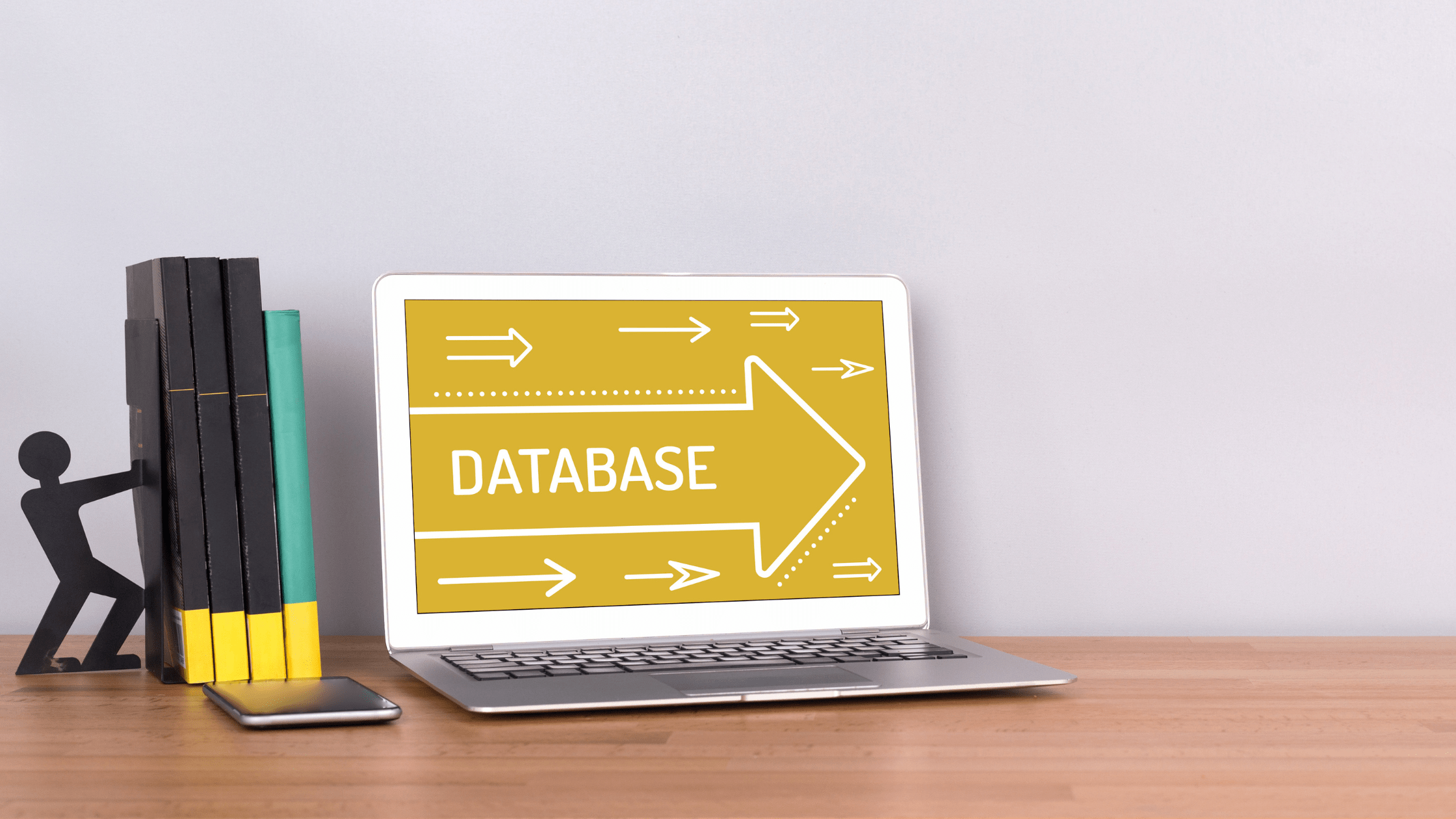What is Database Management
Startadatabase
- October 9, 2023
- 4 min read

In the digital age, data is the lifeblood of any organization. It’s crucial to have a well-structured system in place to manage this valuable resource efficiently. This article will delve into the world of database management systems (DBMS), covering what they are, their types, and their importance in today’s data-driven world.
What is a Database Management System (DBMS)?
At its core, a Database Management System (DBMS) is a software application that facilitates the creation, organization, retrieval, and management of data in a structured manner. It acts as an intermediary between the users and the database, ensuring data integrity and security.
Types of Database Management Systems
DBMSs come in various types, each catering to specific needs. Let’s explore some of the most common types:
- what is database managementRelational Database Management System (RDBMS)
RDBMS is the most prevalent type of DBMS. It organizes data into tables with rows and columns, establishing relationships between them. SQL (Structured Query Language) is typically used to interact with RDBMS. - NoSQL Database
Unlike RDBMS, NoSQL databases are non-relational and store data in various formats, including documents, graphs, and key-value pairs. They are flexible and excel in handling unstructured data. - Object-Oriented Database Management System (OODBMS)
OODBMS stores data in the form of objects, making it ideal for applications with complex data structures. It is often used in software development. - Distributed Database Management System
This type of DBMS manages data spread across multiple locations or servers, ensuring data availability and scalability.
The Role of DBMS in Modern Business
In today’s fast-paced business environment, the importance of Database Management Systemcannot be overstated. Here are some key roles it plays:
- Data Organization
DBMS helps in structuring data, making it easier to store, retrieve, and analyze. This organized data is invaluable for making informed decisions. - Data Security
It ensures that sensitive data is protected from unauthorized access through authentication and authorization mechanisms. - Data Integrity
DBMS maintains data accuracy and consistency by enforcing constraints and rules defined in the database schema. - Data Backup and Recovery
Regular backups and recovery options provided by DBMS guarantee data continuity even in the face of unexpected disasters. - Scalability
As businesses grow, so does their data. DBMS offers scalability to handle increasing data volumes without performance degradation.
DataBase Software
Choosing the Right One Selecting the appropriate database software for your organization’s needs is crucial. Factors to consider include the nature of data, scalability requirements, and budget constraints.
Popular Database Software
MySQL: An open-source RDBMS known for its reliability and performance.
Oracle Database: A robust RDBMS suitable for enterprise-level applications.
MongoDB: A NoSQL database that excels in handling unstructured data.
PostgreSQL: An open-source RDBMS known for its extensibility and compliance with SQL standards.
Real-World Database Examples
To illustrate the importance of DBMS, let’s look at a couple of real-world examples
- Online Retail
E-commerce platforms like Amazon rely on sophisticated DBMS to manage product catalogs, user data, and transaction records efficiently. - Healthcare
Hospitals and clinics use DBMS to store and retrieve patient records, ensuring accurate medical history and timely care.
Conclusion
Database management systems are the backbone of modern data-driven organizations. They provide the structure, security, and efficiency needed to harness the power of data for better decision-making and operational excellence.
(FAQ)
A Database Management System (DBMS) primarily serves to organize, store, and manage data efficiently while ensuring data integrity and security.
RDBMS offers structured data storage, data relationships, and the ability to perform complex queries using SQL.
NoSQL databases are non-relational and excel in handling unstructured data, offering more flexibility in data storage.
Yes, it is possible to migrate data between different types of DBMS, although it may require careful planning and data transformation.
Many task management tools offer free versions with limited features. Subscription plans unlock advanced functionalities.









1 Comment
[…] Click here To read more about What is Database Management […]